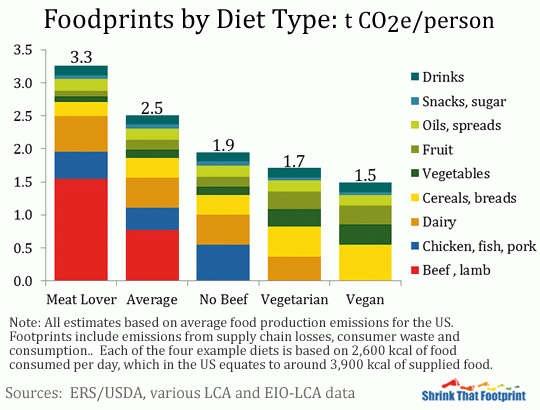
Climate change is a threat to everyone on the planet. Given the COVID-19 crisis, this is an opportunity for us to move ahead sustainably and change the way we have been living.
I have compiled here a few steps for you to easily reduce your carbon footprint. I believe not all the steps will be feasible to everyone, hence practising even a few will be beneficial.
1. Car-free living: Living without a car can save an average of 2.04 tonnes of CO2 equivalent per person annually. A person can walk or cycle to the places he needs to go. Some can even walk if it is a suitable means.
If this seems tough, then switching to an electric vehicle is a sustainable alternative. Electric Transport modes have 43% lower emissions. EVs also have a lesser impact on climate in the long terms. Click here to learn how a green shift in the transport industry can generate 15 million additional jobs.
2. Renewable Heating: Colder countries utilize additional energy for heating purposes. And 81% of that is met using gas. Fossil fuels are very harmful to the climate, and hence renewable sources such as Solar Heating, Thermal Heating, Resistive Electrical Heating, etc can be used.
3. Vegan Diet: FAO announced that 18% of global emission results from livestock and meat consumption. A vegan diet has the least carbon footprint of all the diets.

Even if it is not possible for someone to lessen meat consumption, reduce the number of times meat is taken can reduce the footprint. The image above will help you understand the concept. Junk foods like Burger, Pizza, and other sugar items consume a lot of virtual water, hence not very eco-friendly. Hence think twice before you order at a restaurant. Buy local unprocessed food, and minimize food wastage, something that we do a lot at a restaurant or a wedding.
4. Minimalist Living, Buy Less: Decluttering our homes and giving away unnecessary items can not only save a lot of money but also reduce emissions. Buying fewer jeans and shirts a year can save tonnes of water. Matt D' Avella is a YouTuber who makes videos on Minimalism.
5. Reduce Power Usage: Switch off fans, lights, and ACs whenever possible, do regular equipment maintenance, unplug unused electronics to save more power. Switching to LED bulbs can be very useful.
6. Consider setting up solar panels: In countries like India, South Africa, where the efficiency of solar panels can be optimum, installing solar panels can be very useful.
7. Save water: The water, that is reaching our homes, either for drinking purpose or general-purpose, undergoes many purification processes that consume power. Hence saving water is significant.
8. Change in Mindset: Dr Diana Ivanova from Leeds University often says that people need to change their mindset. People have to take responsibility for their carbon emission and set a limit on what they can produce. There is a limit to what the planet can bear, humans need to respect that boundary. She called it a moral issue and pointing out the impact of the aviation industry.
Source: BBC Carbon Brief ShrinkThatFootprint
Image Courtesy: CTC Global



